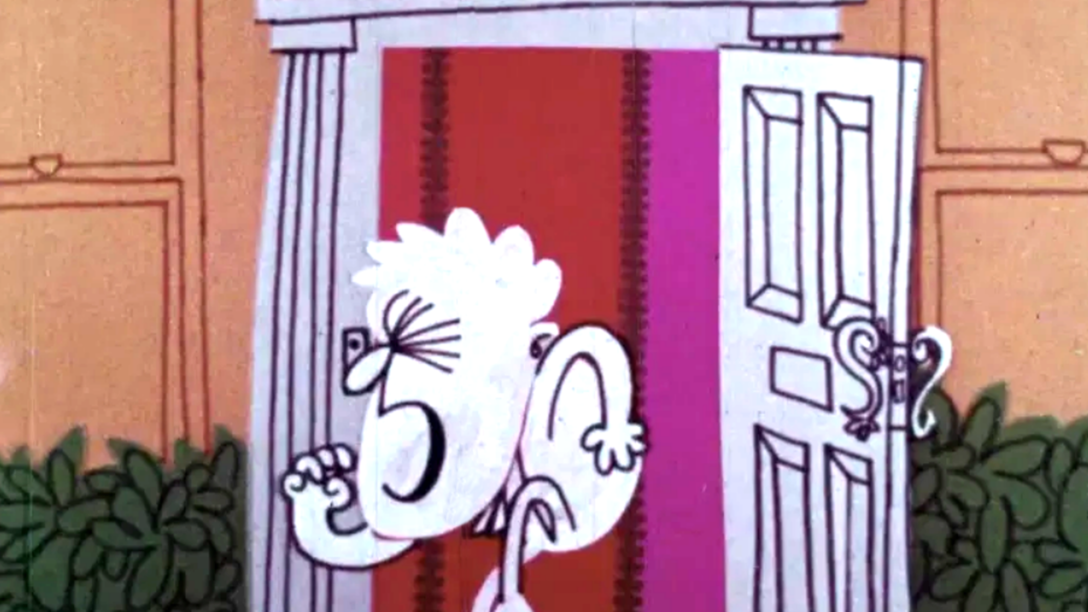The moment we start to become a little complacent in our comfortable bubbles these days, some new horror pops up. The wildfires are the latest sign we’re hitting the limit of what the people and the planet can take. How many more of these catastrophic new developments do we need?
This week’s Popula Film Club is about harsh environments. Let these movies spur our focus and our will to change.
—Soham
Darkening Day: Air Pollution Films and Environmental Awareness (various directors, 1960-1972)

via Medicine on Screen (free)
Rachel Carson’s landmark book Silent Spring (1962) brought environmental destruction in America to the forefront of the national conversation. Fifty-eight years later, how much was learned?
The National Library of Medicine is screening a valuable collection of movies on air AND WATER pollution and destruction of the atmosphere. Beware the Wind and Public Enemy focus on the media and visual messaging of environmental disasters; Don’t Leave it All to the Experts examines America’s general disregard for catastrophic environmental issues that don’t immediately affect their daily lives. The Run Around is an animated movie about the corporations refusing to accept their share of the burden, and Sources of Air Pollution tackles the post-war wealth increase and capitalist-consumer model that created a tsunami of waste in the United States in comparison with the rest of the world.
Medicine on Screen is the National Library of Medicine’s online portal for unique and important medical films.
Beau Travail (Claire Denis, 1999)
via AFI Silver Theater ($12 rental)
The new 4K restoration of this universally acclaimed adaptation of Herman Melville’s ‘Billy Budd’ has hit virtual theaters. A group of soldiers on the West African coast engage in torturous military training amid scenes of romance, friendship, and betrayal. All of this is shot with stunning camerawork by Denis, who accentuates the harsh heat of the Djibouti coast with bright blues and tans and dark shadows. The soldiers’ choreography juxtaposes fighting, exercise, and combat movements with the African nightlife of dancing, making for a thrillingly physical and intense viewing experience. A brilliant needle-drop of Corona’s “The Rhythm of the Night” will surely get you off your seat.
AFI Silver Theater is a repertory theater of the American Film Institute screening rare, classic, and independent movies alongside mainstream Hollywood releases.
Silent Light (Carlos Reygadas, 2007)
via Filmatique ($4.95/month subscription)
Carlos Reygadas turns his camera to a community insulated from not just the rest of the world, but seemingly from our entire universe: the Mennonite community of rural Mexico. Silent Light is as much a spiritual fantasy as it is an engrossing family drama. Reygadas’s familiar themes of religion and mythos return in this deeply affecting story of the fracturing of social norms and customs, in which a man and his wife struggle to come to terms with his infidelity. Featuring long static shots and a stunning uncut opening sequence of the sunrise in Northern Mexico, Silent Light feels like a prayer, a mercy, begging the troubles and dysfunctions of its characters away in an ultimate catharsis. Like the community it focuses on, the film is wholly unique in its vision, technique and feeling.
Filmatique is an online streaming service dedicated to streaming award-winning festival films.
The House is Black (Forough Farrokhzad, 1963)
via Media City Film Festiva (free)
The most distressing yet most inspiring film in this week’s selections is The House is Black, a documentary on Iran’s leper colony in Bababaghi Hospice. Farrokhzad unflinchingly documents a group of people expelled and isolated away from the rest of society by their illness. Over it, Farrokhzad – who is also a poet – recites poems and passages from the Bible and from the Qur’an. As if to ask God himself the meaning behind such a cruel existence, and to confront an answer and a hope for prosperity and happiness, Farrokhzad brings beauty to light. The film’s empathetic approach shows basic existence in isolation – children learning, fathers and mothers raising families, young people in love and getting married. The movie begins with a narration warning its audience of what they are about to see, but once the film is over, we feel a part of their existence.
Media City Film Festival is an annual international festival of film and digital art, presented in Windsor, Ontario and Detroit, Michigan since 1994.
Space Dogs (Elsa Kremser & Levin Peter, 2019)
via Anthology Film Archives ($12.00 rental)
Peculiar and bleak, Space Dogs embroiders upon the true story of Laika, the first living being sent into space. The tale has it that following her death in space, Laika’s soul returned back to Earth to roam the streets of Moscow once again. Kremser and Peter turn their camera to “dog’s eye view” to follow a couple of street dogs in Moscow. Spiritual siblings of the donkey in Bresson’s Au Hazard Balthazar, the dogs live brutally harsh lives in the cold harsh snows and rains; homeless and abandoned, seeking any sign of comfort. Spliced with this narrative is a historic account of the Soviet space program and its treatment of animals in space. This film is an emotional, resonant look at crippling isolation and loneliness in the modern world, and a ghost-story of Russia’s past.
The Anthology Film Archives is a lifelong endeavor of experimental film pioneer Jonas Mekas and his collaborators, Stan Brakhage, Jerome Hill, P. Adams Sitney, and Peter Kubelka. It is a museum and international film center dedicated to the preservation, study, and exhibition of film and video mostly focusing on avant-garde and documentary filmmaking.
The Popula Film Club brings you worthwhile options to stream, chosen with a view to quality, and to withholding as much money as possible from the oligarchs and monopolists of Amazon, Netflix, YouTube and the like.
Please send your recommendations to submissions@popula.com with the subject line, POPULA FILM CLUB.






